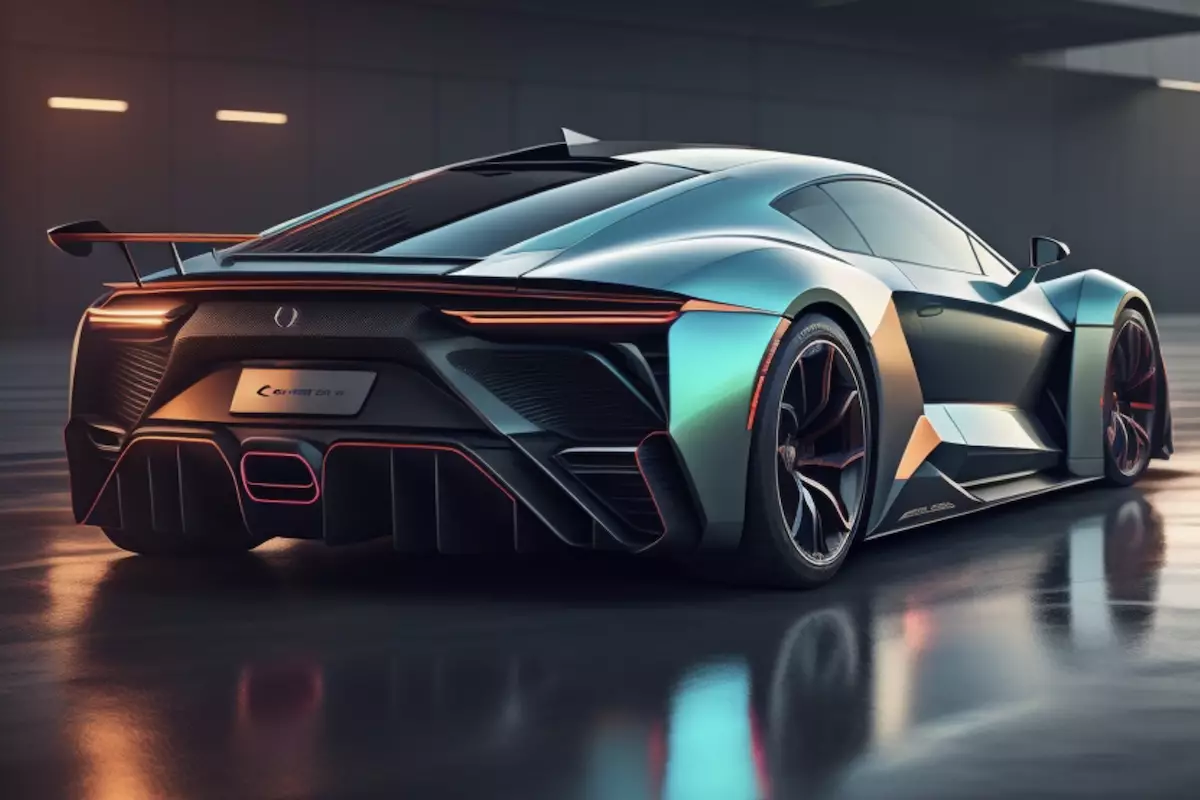The concept of car tokenization is revolutionizing the traditional notions of vehicle ownership, bringing with it a wave of possibilities that were previously unimaginable. By representing cars as digital tokens on a blockchain, individuals can now invest in fractional ownership of vehicles. This shift opens up a myriad of investment opportunities, particularly in the luxury and collectible car markets. But how does this innovative approach work, and what implications does it have for the future of automotive investments?
At its core, car tokenization involves creating digital representations of shares in a vehicle. These digital tokens are securely embedded within a blockchain, which serves as an unalterable digital ledger. This framework not only guarantees that ownership is transparent and secure, but also allows multiple individuals to possess a share of a single car – dramatically lowering the barriers to entry for car enthusiasts and investors.
One of the most compelling advantages of car tokenization is the concept of fractional ownership. Traditional vehicle ownership often requires substantial financial commitment, thereby excluding many from participating in high-value investments. Tokenization mitigates this challenge by enabling individuals to purchase a fraction of a car, making luxury and collectible vehicles more accessible. The democratization of car ownership through fractional shares invites a broader audience of investors, as the financial burdens associated with outright ownership—such as maintenance and insurance—can be shared among token holders.
Additionally, car tokenization paves the way for a fresher approach to trading in the automotive sphere. Digital tokens facilitate seamless buying and selling processes; fractional shares can be exchanged on various digital marketplaces, enhancing liquidity in a space that has typically been less dynamic. This shift holds significant promise for potential investors, as it allows them to enter and exit investments with greater ease than traditional ownership models would permit.
Car tokenization also introduces a new asset class that bridges the gap between tangible investments and modern technology. Investors now have the option to diversify their portfolios by including rare vehicles as assets, such as limited-edition Lamborghinis or classic Ferraris. The appreciation potential of these cars can offer attractive returns, transforming cars into viable investment vehicles.
For example, businesses dedicated to car tokenization partner with luxury car dealerships to offer fractional ownership stakes in prestigious vehicles. One such collaboration involved a crypto-banking firm and a high-end car dealership, allowing investors to purchase tokens starting at a nominal price. In this model, the investment remains tied to the actual vehicle, which is showcased in the dealership. When the car appreciates in value and is sold, all token holders partake in the profits—creating a real-world financial incentive backed by genuine assets.
Despite the transformative aspects of car tokenization, there exist challenges that must be addressed for widespread adaptation. One of the most pressing issues is regulatory uncertainty. The landscape of digital assets and blockchain technology is still developing, leading to significant variations in legal frameworks across different countries. Until clear regulations are established encompassing tokenized ownership, both investors and companies may face hurdles related to compliance and legal validation.
Another hurdle is the general public’s understanding of car tokenization. As a relatively new innovation, knowledge gaps surrounding blockchain technology and its applications can deter potential investors. Efforts to educate the market will be vital in overcoming these barriers, as individuals need to feel informed and confident about the risks and advantages associated with car tokenization.
As the automotive industry continues to evolve alongside technological advancements, car tokenization presents itself as a potential game-changer in how we perceive car ownership and investment. With the increased acceptance of blockchain technology and its applications, the prospects for car tokenization look promising. As regulatory infrastructures become more established and educational initiatives grow, we could witness a surge in companies exploring tokenization for luxury vehicles, including electric and sustainable models.
While car tokenization may not replace traditional ownership models, it offers an appealing alternative for a new generation of investors. By lowering financial barriers and providing innovative methods for investing in rare or valuable vehicles, this paradigm shift could eclipse outdated perceptions of car ownership in the near future. The road ahead is still being paved, but one thing is certain: the way we think about investing in cars is in the midst of a significant transformation.

